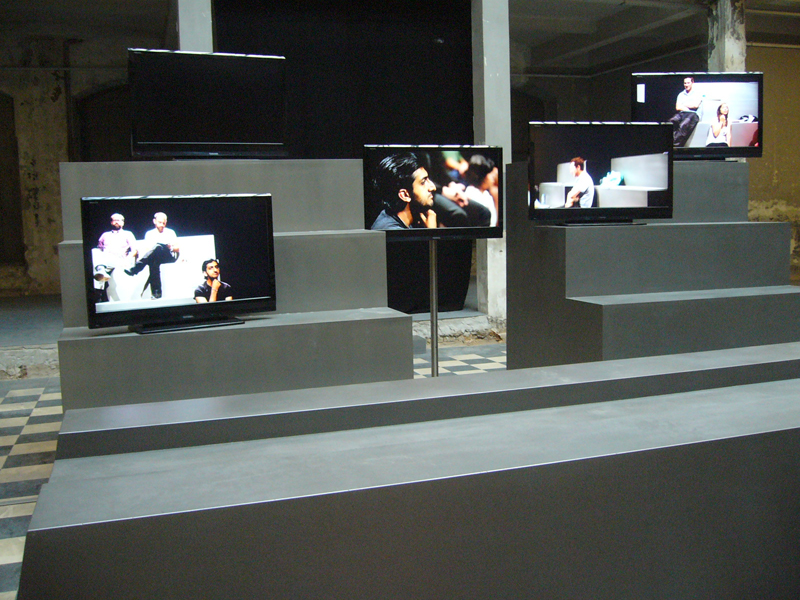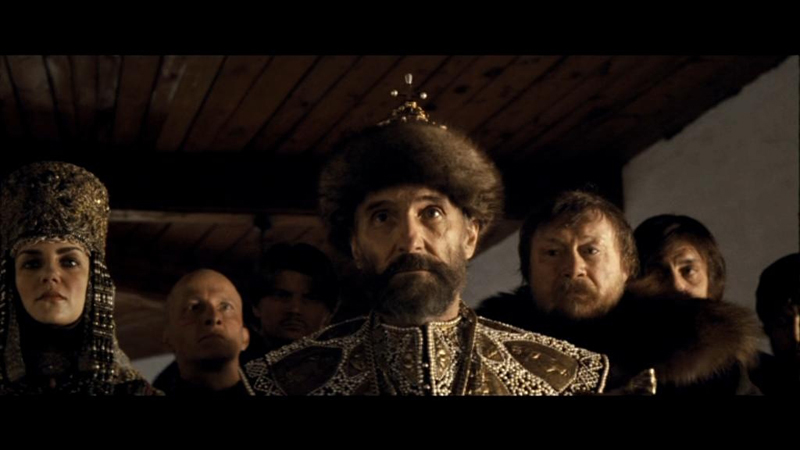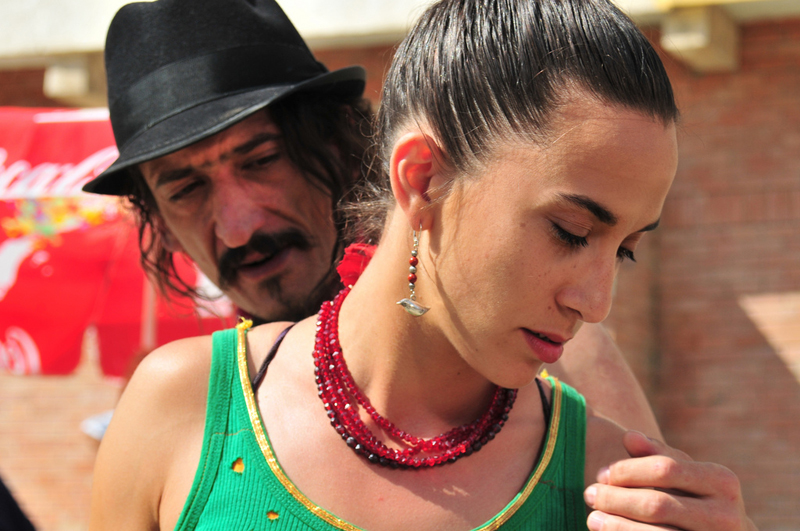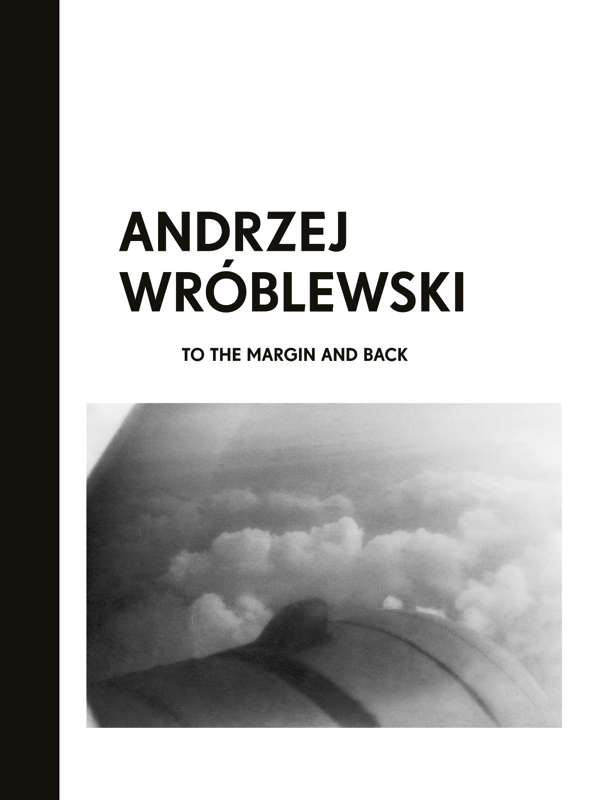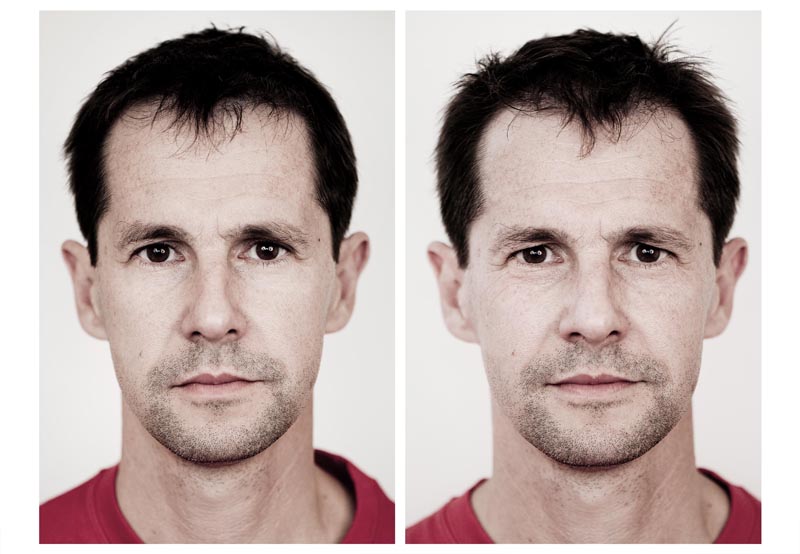Manifesta 8 (Exhib. Review)
Manifesta 8, Murcia and Cartagena, Spain; 15 venues plus various channels of mass media, October 9, 2010–January 9, 2011
Curatorial collectives: Alexandria Contemporary Arts Forum (ACAF), Chamber of Public Secrets (CPS), and tranzit.org
The memorable night party scene in Federico Fellini’s La Dolce Vita was inspired by a real life event at the birthday party of a millionaire’s fiancé in a Trastevere restaurant. Anita Ekberg, one of the invited celebrities, kicked off her shoes and with her spaghetti straps hanging loose, performed an impassioned barefoot cha-cha. The year was 1958, so the gesture came across as audacious even for … Read more

